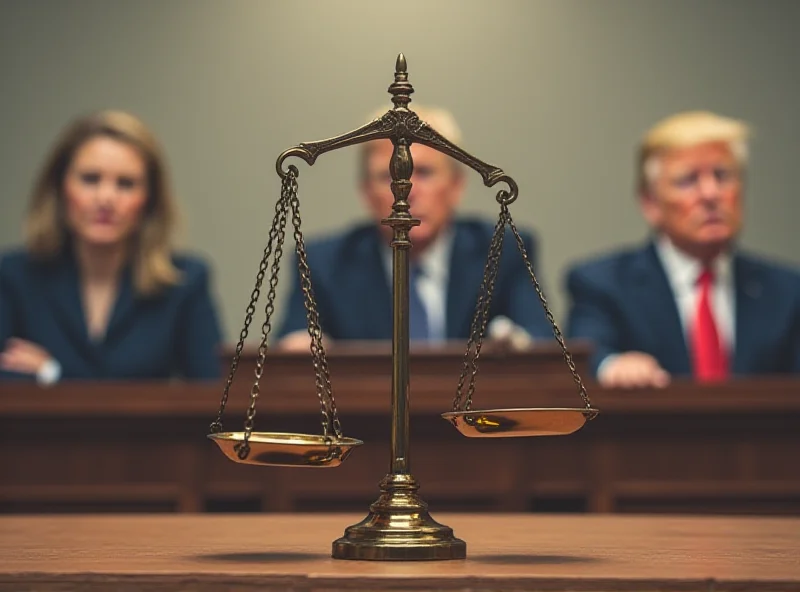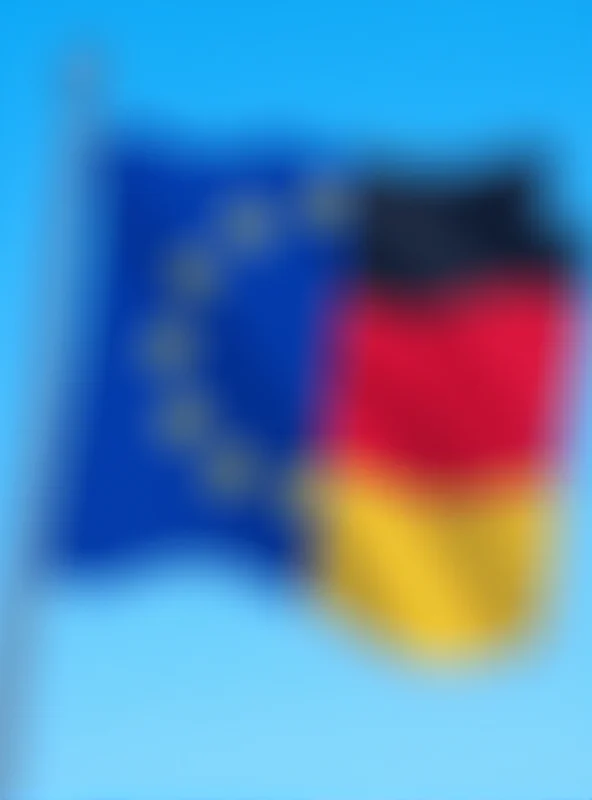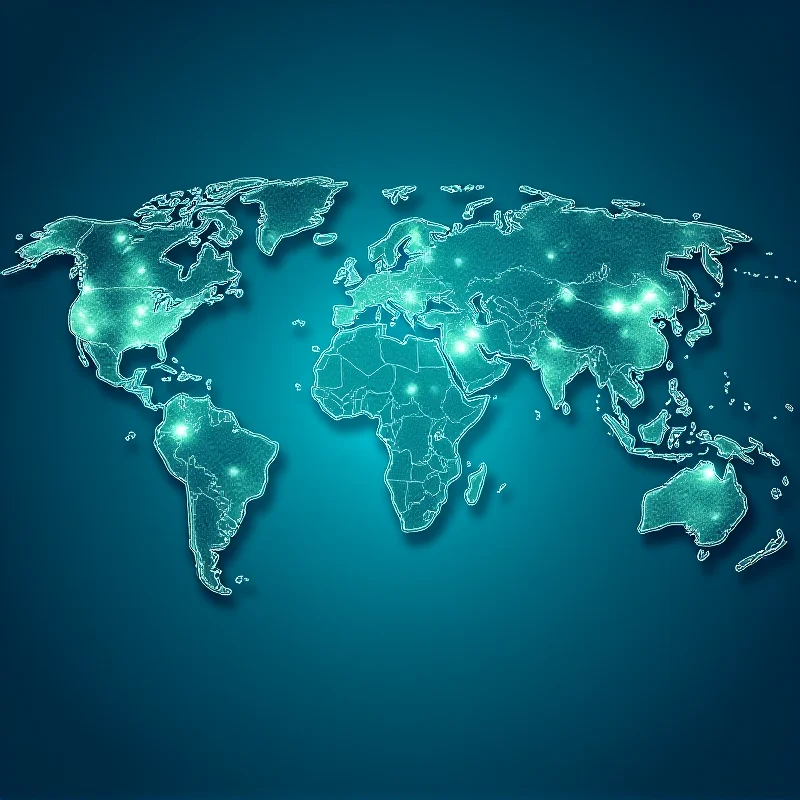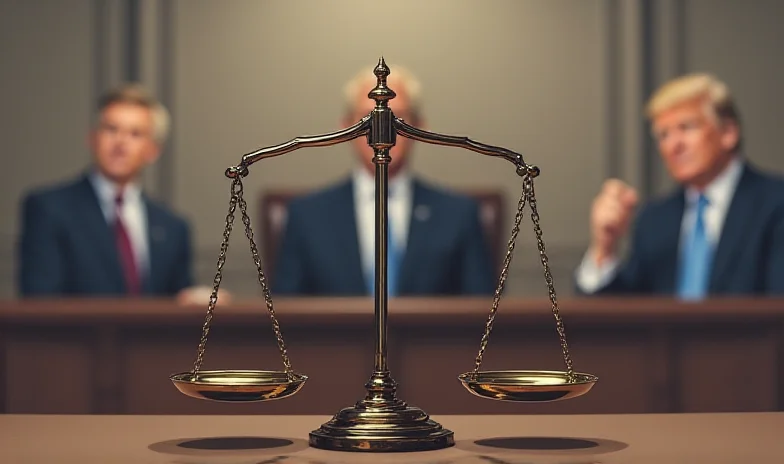The political landscape is shifting, marked by challenges to former President Donald Trump's policies and a growing sense of independence in Europe. From legal battles in the US to evolving international relationships, several key developments signal a significant period of change.
Legal Challenges to Trump's Policies
A U.S. federal judge recently blocked President Trump's order to halt a refugee admission program that had been in operation for decades. The judge ruled that Trump had overstepped his executive authority by suspending a program established by Congress. This legal setback underscores the ongoing scrutiny and challenges to Trump's policies within the American legal system. "The head of the White House overstepped his executive authority by abruptly suspending a program established by Congress," the judge stated.

Furthermore, Trump's previous attempts to implement a congestion charge in New York have faced opposition, highlighting the ongoing debate over urban toll systems and their effectiveness in reducing traffic and funding public transportation. The introduction of a 'gold card' residence permit for foreign investors, replacing the EB-5 visa, also signals changes to immigration policies.
Europe's Shifting Alliances
Meanwhile, across the Atlantic, Europe is contemplating a new direction. Timothy Garton Ash argues that Germany has a crucial opportunity to lead Europe towards greater independence, particularly in light of current US policies. "Three times in the postwar era Germany made strategic choices that benefited Europe – with the US at its side. Now it must do it in opposition to Trump," Ash writes, highlighting the changing dynamics between Europe and the United States.
This sentiment is echoed in observations of Friedrich Merz, who has suggested that Europe must "really achieve independence from the US." This marks a significant shift from traditional Atlanticist alignments and suggests a potential realignment of European priorities.

Global Realignments and Future Implications
These developments occur amidst broader global realignments. Negotiations between Ukraine and the United States regarding mineral raw materials, and a potential visit by Ukrainian President Volodymyr Zelenskyy to the White House, suggest ongoing diplomatic efforts and shifting alliances. The current political climate, marked by concerns about the future and evolving international relationships, presents both challenges and opportunities for nations worldwide.

The coming years will likely be defined by these shifts, as nations navigate new challenges and opportunities in an increasingly complex global landscape. The interplay between domestic policies and international relations will be crucial in shaping the future.
